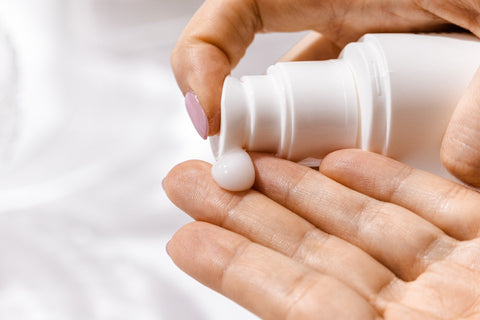VITAMIN D3 ENHANCES IMMUNITY
Vitamin D is an important immune enhancer that can protect us from influenza. Although our bodies can makeVITAMIN D3 when our skin is exposed to sunlight, during winter insufficient UVB rays penetrate the atmosphere at northern latitudes. Also, there are few foods that naturally contain Vitamin D and only in small amounts. So supplementing with Vitamin D is a good idea for most of us and Vitamin D3, cholecalciferol, is the preferred form. The Vitamin D Council recommendations are higher than some other organizations because "smaller amounts aren't enough to give you what your body needs." Here are their daily recommendations: infants 1,000 IU, children 1,000 IU per 25 lbs. of body weight and adults 5,000 IU. For more information go to https://www.vitamindcouncil.org.MEDICINAL MUSHROOMS
There are a wide variety of medicinal mushrooms that benefit immune response.STAMETS 7 from Host Defense in Olympia, Washington, is a combination of seven certified organic mushrooms that can be taken daily to increase immune cell numbers and activity. In addition, this combination helps us adapt to stress and when we are under stress our immune response weakens.SHIITAKE mushrooms stimulate the immune system's production of interferons against Type A influenza.AGARIKON has been proven effective against a variety of flu virus strains including swine and bird flu.PROTECT YOUR CHILDREN, TOO
Children are more vulnerable to illness, but you can safely help to keep them healthy. A whole-foodMULTIVITAMIN is a good place to start. MegaFood, for instance, uses organic oranges for itsVITAMIN C so your children get the antiviral activity of bioflavonoids, as well.VITAMIN D3 is very important (see above) and so areFISH OIL andPROBIOTICS. Since our friendly bacteria population changes as we grow older choose one that is age-appropriate and look for immune-boosting species like Lactobacillus rhamnosus, acidophilus and casei. L. casei is especially effective against influenza. In addition, these species, and several Bifido, are antibacterial so they can help protect against secondary infection.There are also some herbs that are safe for most children at appropriate doses.ASTRAGALUS helps to strengthen the immune system but should not be used when actually sick. Another popular (and tasty) herb isELDERBERRY which can stop the spread of viruses by locking them out of our cells where they do their damage.



